This article was medically reviewed by Farah Khan, MD and by wikiHow staff writer, Danielle Blinka, MA, MPA. Dr. Farah Khan is a Board Certified Allergist and Immunologist who graduated from fellowship in 2020. She specializes in asthma, food allergy, skin conditions, and rhinosinusitis care, and treats both adult and pediatric patients. Dr. Khan holds an MD from Ross University School of Medicine. She completed her Pediatric Residency training at INOVA Children's Hospital and her fellowship at Virginia Commonwealth University. Dr. Khan is an active member of the American Academy of Allergy, Asthma and Immunology as well as the Clinical Immunology Society.
There are 9 references cited in this article, which can be found at the bottom of the page.
This article has been viewed 26,301 times.
An allergy cough can be frustrating, especially if it becomes chronic. Allergy coughs are usually caused by a reaction to dust, mold, pollen, pet dander, freshly cut grass, food allergies, and other allergens.[1] You may be able to relieve your allergy cough using home treatments, but over-the-counter medications can also be a big help. However, you may need to see a doctor if your cough isn’t improving with home treatments.
Steps
Using Home Treatments
-
1Sip on warm water, decaffeinated tea, or broth. Warm liquids can temporarily relieve cough, itchy throat, runny nose, and sneezing. Heat your beverage until it’s warm but not too hot to consume. Then, slowly drink it.
- Most herbal teas are naturally caffeine-free, so they're a great option.
- You can drink warm fluids several times a day to get relief.
- Don’t gulp your warm drink, as you could accidentally burn yourself.
- If you have ragweed allergies, avoid chamomile tea.
-
2Mix 2 teaspoons (9.9 mL) of honey into a cup of warm water or tea. Honey is a traditional home treatment for cough. It’s easiest to consume honey in a hot drink, so stir your honey into warm water or tea. Then, drink honey water or tea twice a day for cough relief.
- Never give honey to a child that’s younger than a year old, as their gut bacteria isn't developed enough to fight the bacteria that are naturally present in honey.
Advertisement -
3Drink ginger tea to soothe your airways. Ginger is an anti-inflammatory and can reduce the swelling in your airways that contributes to your cough. Purchase prepared ginger tea bags at your local grocery store or online. Alternatively, grind 20-40 grams of ginger and place it in a tea strainer. Place the bag or strainer into a teacup or mug and steep the tea for about 3 minutes.
- Add honey or lemon juice for added benefits.
- Ginger root may cause an upset stomach in some people.
-
4Sip on marshmallow root tea to coat your throat and relieve your cough. Look for a bagged marshmallow root tea at your grocery store or online. Then, steep the tea in hot water for at least 3 minutes. Allow the tea to cool or drink it warm.
- Letting the tea steep longer can strengthen the effects of the marshmallow root since more of it will seep into the tea.
- You might experience an upset stomach after drinking this tea.
-
5Take a steamy shower to soothe your throat and airways. Steam is a great way to moisten your airways, which can help temporarily relieve your cough. Turn on the hot water and sit in the shower, either under the water or not. Tilt your head back and rinse your nasal passages of mucus and allergens. Stay in the steamy shower for as long as you can.[2]
Tip: You don’t have to get in the shower in order to benefit from the steam. If you don’t want to get wet or take off your clothes, sit in your bathroom while the shower is running.
-
6Use a neti pot to clean allergens out of your airways. A neti pot rinses your sinus cavities to remove allergens that have gotten stuck. To rinse your sinuses, fill a neti pot or teapot with distilled water, then lean over a sink. Turn your head to one side and fit the spout of the pot up against your top nostril. Pour the water into the top nostril, letting it pour out of your bottom nostril. Clean your nose with a tissue, then repeat the process on the other side.[3]
- Make sure you read all of the instructions that came with your neti pot.
Variation: As an alternative, you can do a saline irrigation of your nose using a neti pot, which both clears away allergens and sanitizes your nose. To do a saline irrigation, fill your neti pot with a saline solution – a salt-water solution that acts as a disinfectant – rather than water. You can purchase a saline solution at your local drugstore or online.
-
7Add eucalyptus oil to a humidifier to relieve congestion. Pour water into your humidifier up to the fill line. Then, use a dropper to add 2-3 drops of eucalyptus oil to the humidifier. Turn the humidifier on and breathe in the soothing moisture.[4]
- Breathing in the eucalyptus will break up congestion and will help soothe your cough, while the steam from the humidifier will moisten your throat and airways.
- Be sure to clean your humidifier both before and after you use it to treat your allergy cough. Follow the manufacturer’s instructions to wash and dry it.
-
8Try eliminating common food allergens from your diet to see if they’re the cause. Elimination diets can be helpful during allergy season. The most common food allergens are gluten, dairy, corn, soy, and eggs. Try removing any of these foods from your diet for a few days at a time to see if your cough goes away during that time. If you still have a cough, then you may not have a food allergy.[5]
Taking Over-the-Counter Medications
-
1Take an over-the-counter antihistamine. An antihistamine can both treat your cough and relieve the underlying symptoms that are causing it.[6] Read and follow the dosing instructions on your antihistamine to take it daily. This might include 1 pill every 24 hours or 1 pill every 4-6 hours, depending on the brand you choose.[7]
- Loratadine (Claritin) can relieve cough caused by allergies.[8] However, you might also find relief from cetirizine (Zyrtec) or fexofenadine (Allegra).
- Some antihistamines cause drowsiness, but you can find several non-drowsy options on the market. Just check the label to make sure the one you choose doesn’t cause drowsiness.
- Talk to your doctor before taking an antihistamine.
-
2Treat runny nose, sneezing, and post-nasal drip with a nasal spray. Insert the nozzle of the nasal spray, such as nasal saline, into one nostril, then use your finger to close up the other nostril. Spray the nasal spray up into your nostril, inhaling as you do. Then, repeat on the other side.[9]
- A post-nasal drip is when mucus drains from your sinus cavities down the back of your throat. It's natural for some of this draining to take place, but allergies can make it worse. Your body will either swallow or cough up the mucus, so treating your post-nasal drip can help you relieve your cough.[10]
- You can find nasal sprays in the allergy-relief section of most drug stores or online.
- Read the instructions that come with your nasal spray and follow them exactly.
- Talk to your doctor before using a nasal spray.
-
3Use an over-the-counter decongestant to relieve a post-nasal drip. A decongestant breaks up mucus so that it comes out more easily. Read and follow the dosing instructions on the decongestant you choose.[11] Take it as directed, such as once every 4-6 hours.[12]
- Common decongestants include Afrin (oxymetazoline), Sudafed (phenylephrine), and Suphedrine (pseudoephedrine).
- You can find a decongestant in the allergy-relief section of your drug store or online. Sometimes, stronger decongestants can be found behind the pharmacy counter.
- Ask your doctor before taking a decongestant.
- Avoid taking decongestants for more than 3-5 days in a row since it could cause rebound congestion, and make your symptoms worse.
Tip: Most drug stores offer allergy treatments that contain several different ingredients that can treat your cough, including a decongestant. For instance, they may contain an antihistamine, a decongestant, and a cough suppressant. Read the label to check the ingredients in the medication you plan to take.
-
4Suck on a cough drop to soothe your throat and relieve the cough. A cough drop may provide temporary relief for your symptoms. Simply place the cough drop in your mouth and slowly suck on it until it’s gone.[13]
- Don’t give cough drops to children.
- Read the label on the back of your cough drops to make sure you aren’t taking too many in one day.
- You can find cough drops at a drug store or online.
Seeking Medical Attention
-
1Contact your doctor if your cough doesn’t improve with home treatment. A persistent cough may be a sign that your symptoms are caused by something more serious than allergies. Alternatively, you may need a prescription allergy treatment to get relief. Your doctor can give you a proper diagnosis and recommend the best treatment for your unique needs.[14]
-
2See your doctor immediately for shortness of breath or wheezing. These are serious symptoms, so you need immediate care. Additionally, they can be signs of a more serious condition, such as an asthma attack. Call your doctor for a same-day appointment or visit an urgent care center.
- You should still see a doctor even if you think you know what is causing your symptoms. Wheezing and shortness of breath are serious symptoms that should never go untreated.
-
3Expect your doctor to do in-office diagnostic tests. Your doctor will start your visit with a physical exam, but they may want to do tests to determine what’s causing your cough. They will likely rule out other potential causes before diagnosing an allergy cough. For example, your doctor may want to do the following:[15]
- A complete blood count (CBC) to check for an infection.
- A nasal swab to see if you have an upper-respiratory infection.
- A breathing test to listen to you inhale and exhale.
- An imaging test, like an X-ray or CT-scan, to look at your lungs.
Tip: If your allergies are very severe, your doctor may suggest you visit an allergist to get comprehensive allergy testing. Once the allergist determines what is triggering your allergies, they can offer you targeted treatments, such as allergy shots.
-
4Talk to your doctor about prescription-strength treatments. If home treatments and over-the-counter options haven't worked for you, your doctor might be able to offer a stronger treatment. This can include a prescription antihistamine, prescription codeine cough syrup, and possibly an antibiotic if you’ve developed an infection. However, these treatments aren’t right for everyone, so follow your doctor’s advice.[16]
Expert Q&A
-
QuestionWhy is my allergy cough so bad?
 Farah Khan, MDDr. Farah Khan is a Board Certified Allergist and Immunologist who graduated from fellowship in 2020. She specializes in asthma, food allergy, skin conditions, and rhinosinusitis care, and treats both adult and pediatric patients. Dr. Khan holds an MD from Ross University School of Medicine. She completed her Pediatric Residency training at INOVA Children's Hospital and her fellowship at Virginia Commonwealth University. Dr. Khan is an active member of the American Academy of Allergy, Asthma and Immunology as well as the Clinical Immunology Society.
Farah Khan, MDDr. Farah Khan is a Board Certified Allergist and Immunologist who graduated from fellowship in 2020. She specializes in asthma, food allergy, skin conditions, and rhinosinusitis care, and treats both adult and pediatric patients. Dr. Khan holds an MD from Ross University School of Medicine. She completed her Pediatric Residency training at INOVA Children's Hospital and her fellowship at Virginia Commonwealth University. Dr. Khan is an active member of the American Academy of Allergy, Asthma and Immunology as well as the Clinical Immunology Society.
Board Certified Allergist & Immunologist The cough is generally a manifestation of uncontrolled upper airway symptoms. So, ears, nose, and throat sinuses are all connected and drain into the back of your throat, causing a bad cough.
The cough is generally a manifestation of uncontrolled upper airway symptoms. So, ears, nose, and throat sinuses are all connected and drain into the back of your throat, causing a bad cough.
References
- ↑ https://my.clevelandclinic.org/health/diseases/15048-chronic-cough-overview
- ↑ https://www.health.com/cold-flu-sinus/stop-coughing-sore-throat
- ↑ https://www.health.com/cold-flu-sinus/stop-coughing-sore-throat
- ↑ https://www.health.com/cold-flu-sinus/stop-coughing-sore-throat
- ↑ https://blumhealthmd.com/2017/08/02/the-5-most-common-food-sensitivities/
- ↑ Farah Khan, MD. Board Certified Allergist & Immunologist. Expert Interview. 5 January 2022.
- ↑ https://www.mayoclinic.org/diseases-conditions/chronic-cough/diagnosis-treatment/drc-20351580
- ↑ https://www.ncbi.nlm.nih.gov/pubmed/7648374
- ↑ https://my.clevelandclinic.org/health/diseases/15048-chronic-cough-overview/management-and-treatment
- ↑ https://www.verywellhealth.com/what-causes-post-nasal-drip-1191969
- ↑ Farah Khan, MD. Board Certified Allergist & Immunologist. Expert Interview. 5 January 2022.
- ↑ https://my.clevelandclinic.org/health/diseases/15048-chronic-cough-overview/management-and-treatment
- ↑ https://www.mayoclinic.org/diseases-conditions/chronic-cough/diagnosis-treatment/drc-20351580
- ↑ Farah Khan, MD. Board Certified Allergist & Immunologist. Expert Interview. 5 January 2022.
- ↑ https://my.clevelandclinic.org/health/diseases/15048-chronic-cough-overview/diagnosis-and-tests
- ↑ https://my.clevelandclinic.org/health/diseases/15048-chronic-cough-overview/management-and-treatment

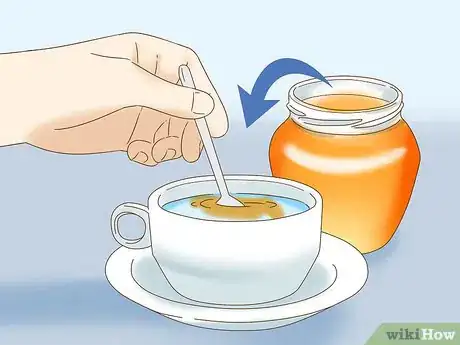

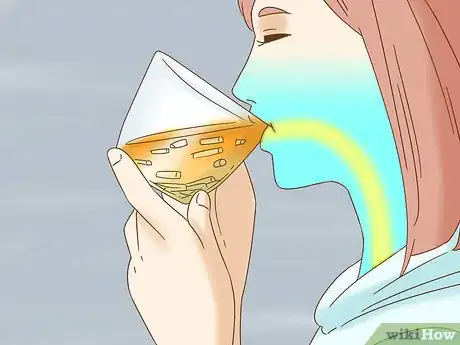






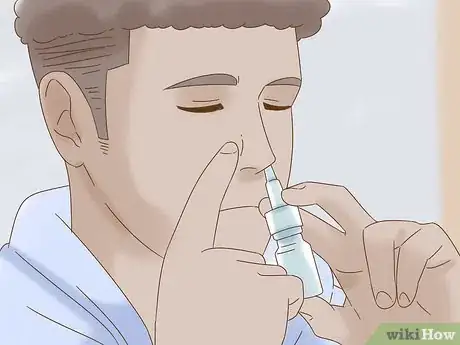

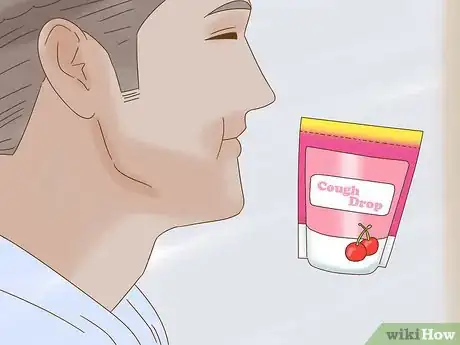
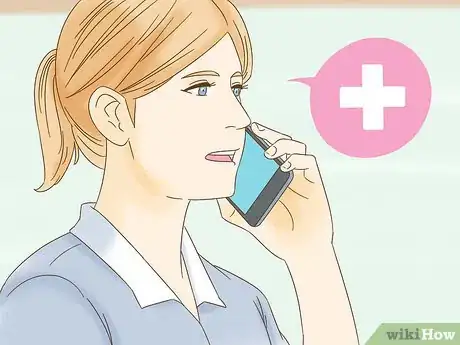

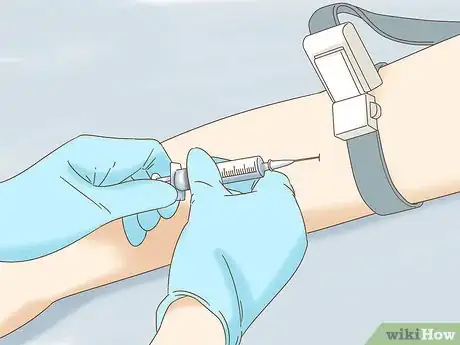

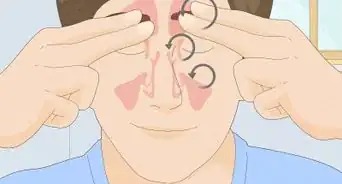
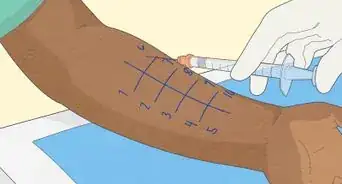
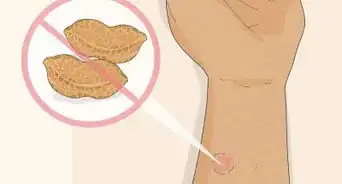


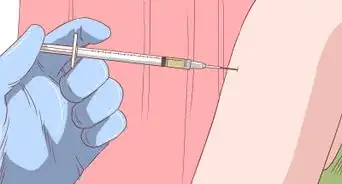
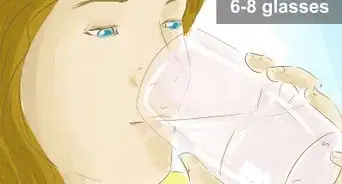
-Step-17-Version-3.webp)

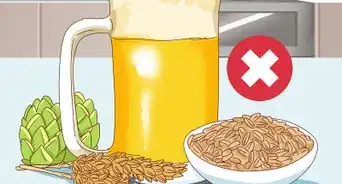










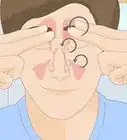
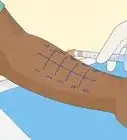





































Medical Disclaimer
The content of this article is not intended to be a substitute for professional medical advice, examination, diagnosis, or treatment. You should always contact your doctor or other qualified healthcare professional before starting, changing, or stopping any kind of health treatment.
Read More...